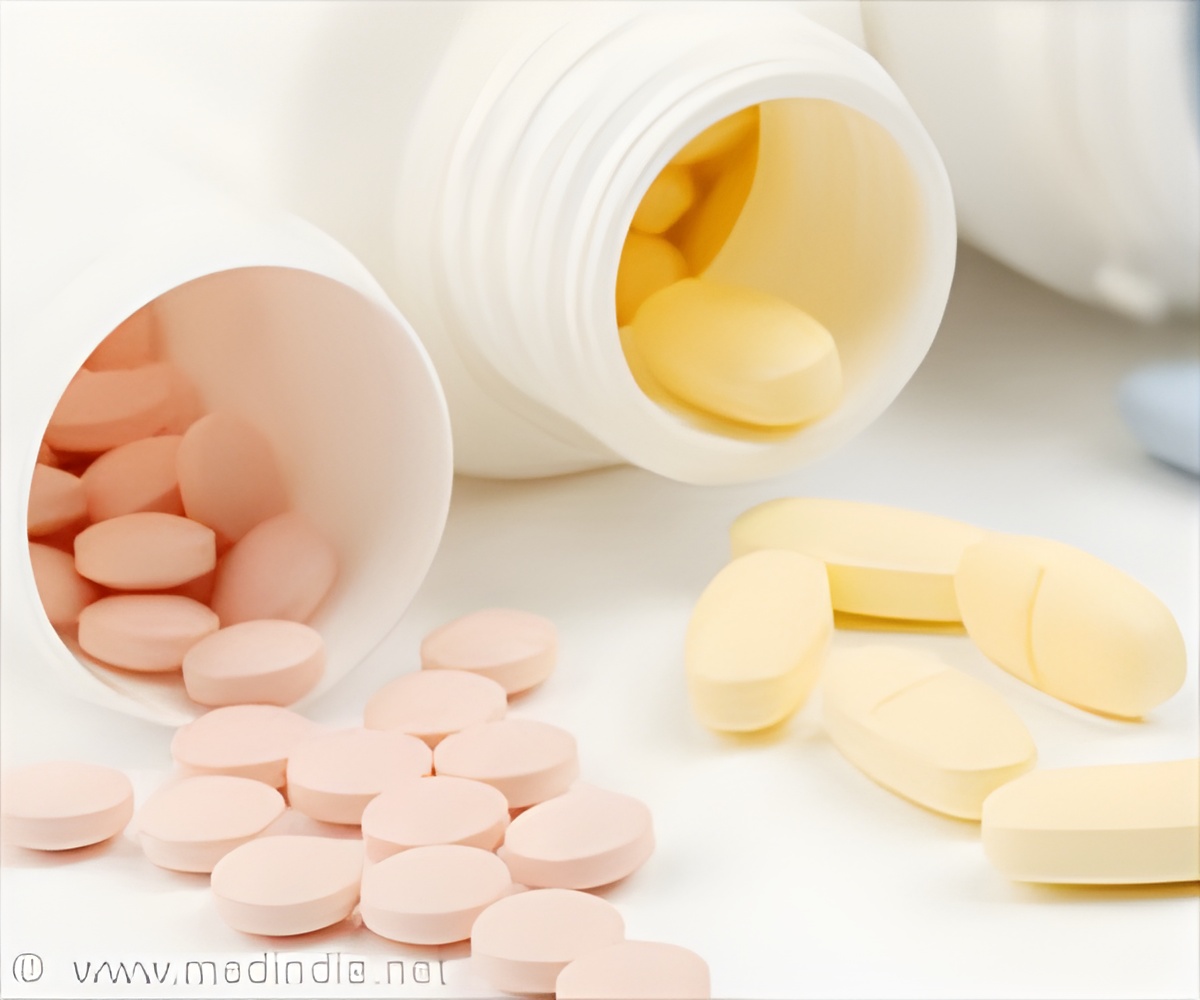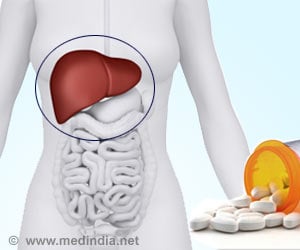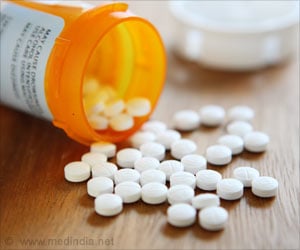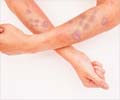Patients with Hepatitis C, who were treated for 12 weeks with a combination of ledipasvir and sofosbuvir attained high sustained virologic response (SVR) rates.

‘A combination of direct-acting antivirals is effective in a younger population with Hepatitis C Virus and has a more favorable side-effect profile.’





Hepatitis C causes about 86,000 deaths per year in World Health Organization (WHO) European (EU) Region. Between 130 and 150 million people globally have chronic Hepatitis C infection, including approximately 15 million people in the EU. Children represent approximately 10% of those infected with the Hepatitis C virus (HCV), however some of these children have chronic disease and are at risk for complications. While direct-acting antivirals have been used to treat and cure almost all patients with HCV they have been exclusively studied in adults, leaving adolescents to take pegylated interferon with ribavirin for 24 to 48 weeks. "While there have been many studies investigating different treatment regimens for Hepatitis C in adults, data in adolescents have been lacking," says study presenting author Dr Sanjay Bansal, Consultant Paediatric Hepatologist at King's College Hospital, London and author of the study. "These data in HCV-infected adolescents confirm that this drug combination is effective in a younger population and has a more favourable side-effect profile than the treatments currently licensed for teenagers."
The study included 100 patients aged between 12 and 18 years, infected with HCV genotype. In the open-label study, 100 patients received treatment with ledipasvir and sofosbuvir (90mg/400mg) once daily over a 12 week period. The primary efficacy endpoint was sustained viral response at 12 weeks post-treatment (SVR12).
Results from this study showed that of the 100 patients enrolled, 97% achieved SVR12 (n=97); the 3 patients who did not achieve SVR12 were lost to follow-up. No serious adverse events were reported, and the most common adverse events (reported by 10% of subjects) were headache (27%), diarrhoea (14%), fatigue (13%), nausea (12%), cough (10%) and vomiting (10%).
"These are very promising data for a patient group that has until now been excluded from the studies of newer agents in HCV infection," said Professor Franck Tacke, Member of the EASL Governing Board. "We hope that this treatment regimen will provide these young patients with relief from this challenging condition."
Advertisement














